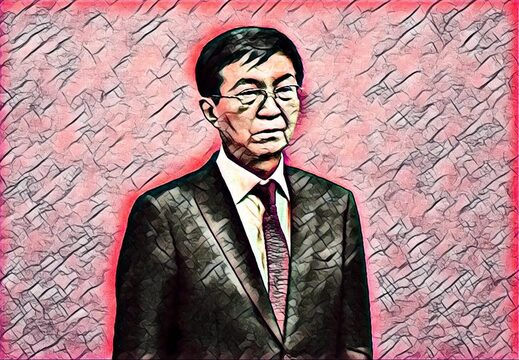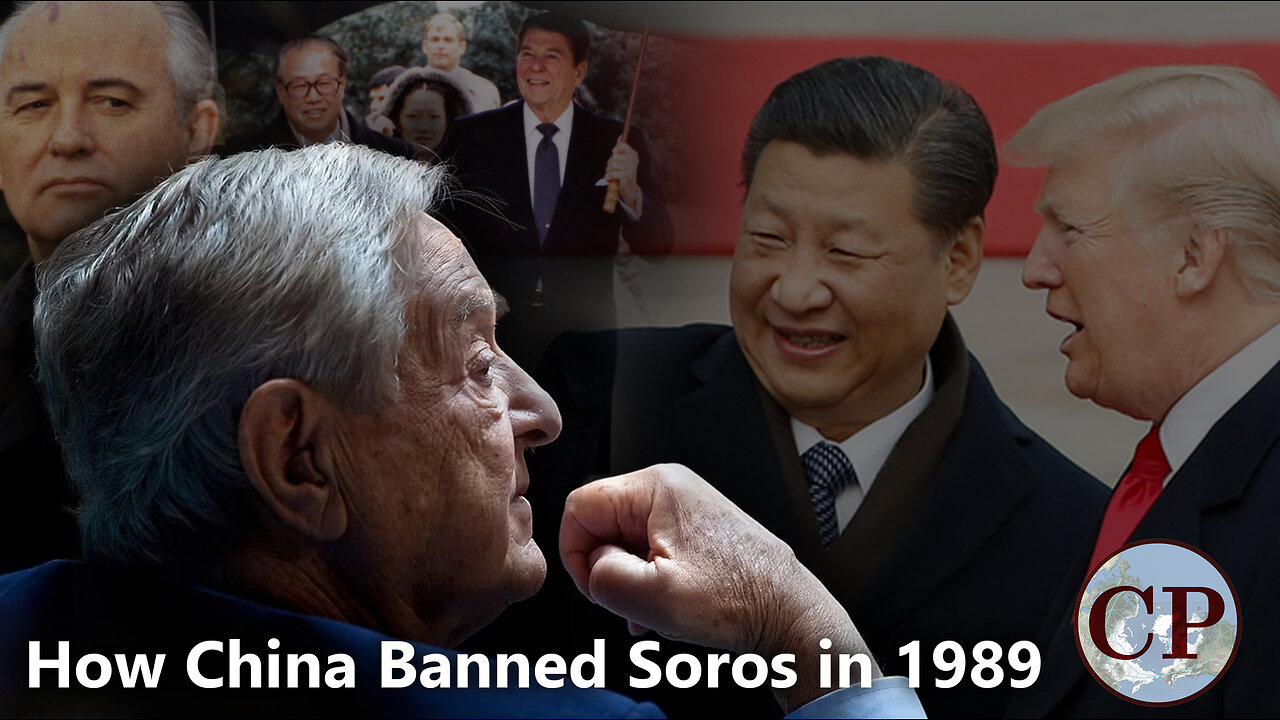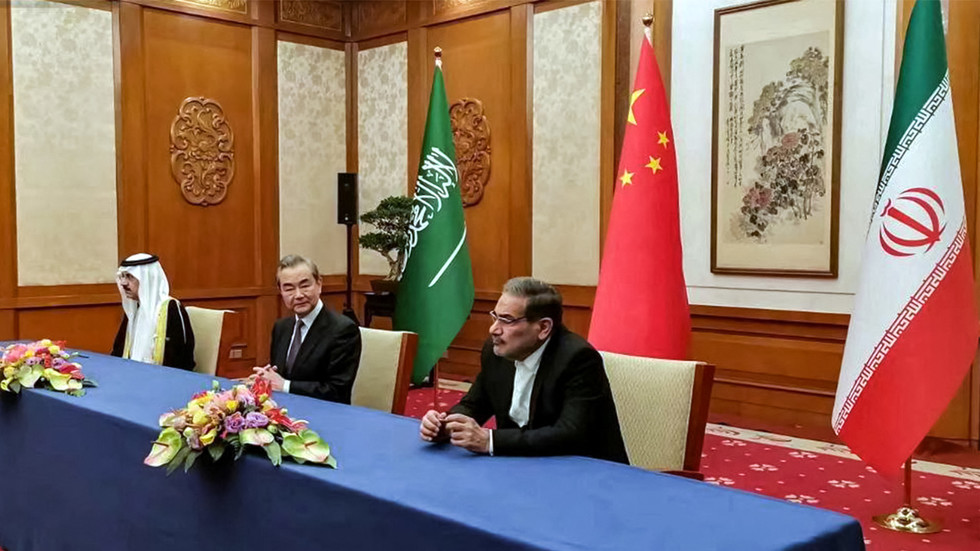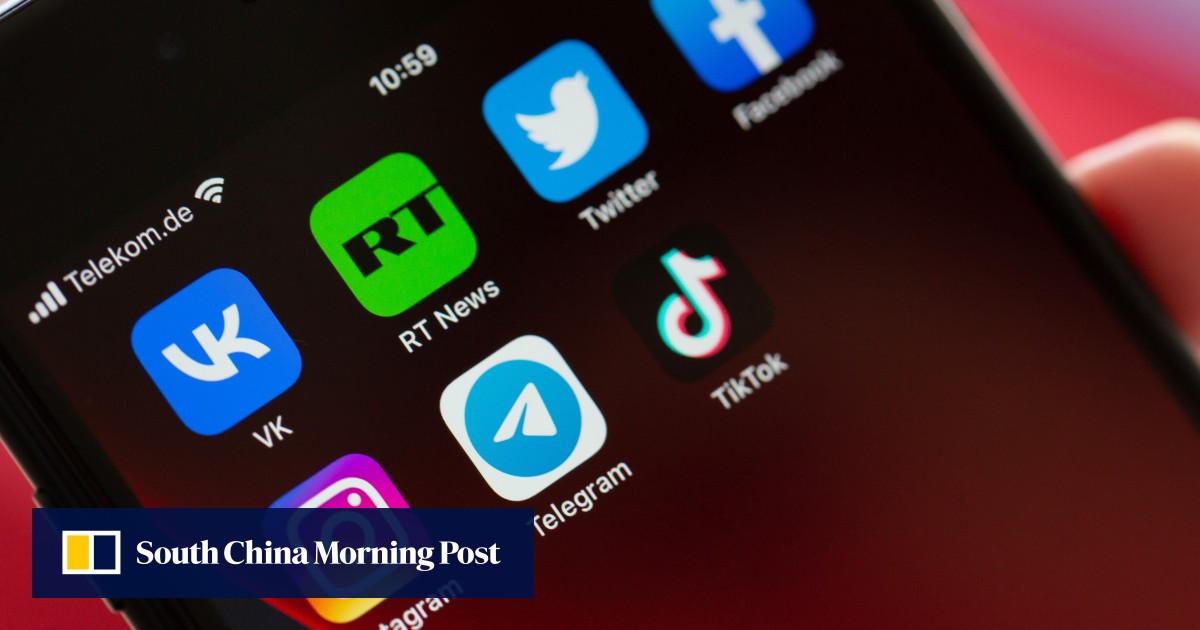I watched this video with Arnaud Bertrand of
Me & Qi, and Adrian Zenz of the
Victims of Communism Memorial Foundation. They debated which system is better - the Chinese or the American? The three metrics of measurement are stability, prosperity and freedom.
The understanding of China in the West seems to be framed in a 'good or bad?' kinda way. This debate reflects that. I haven't yet really found anyone who talks about China's vices
and virtues.
I've summarized the main points from their presentations.
Bertrand, on the pro-China side:
-Which system is better? And better for whom? He says that the proper framing is which system has been (or is) better for its own people.
FREEDOM
-Western freedom is understood as individual freedom. With a broader view of freedom, the assumption that China is unfree is called into question.
-Extreme poverty eradicated – China’s economy grew 1000% since the 70’s, and this prosperity came at the cost of individual freedom. Were they freer when they were poor? Poverty as antithesis of freedom where one is a slave to their condition. He can count on the fingers of one hand in his travels across China where he’s seen a homeless person. In US, 6% in deep poverty, 25% food insecure.
-Roosevelt’s four freedoms ideal for America – freedom from want and freedom from fear. Do people feel free to walk alone at night? 70x more likely to be victim of violent crime in America than China. A very safe country.
-Freedom from drugs – overdose leading cause of death in adults 18-45 in US, while China has one of the lowest drug abuse rates in the world. What could be a bigger restriction to freedom than addiction to drugs?
-Education as a form of freedom by increasing possibilities – China generally tops the charts.
-In terms of physical freedom, USA has an incarceration rate 6-7x higher than China.
-
General de Gaulle spoke of one freedom as the precondition for all other freedoms, which is your independence as a country. When one is a vassal state or in the sphere of influence of a larger state, actions are constricted. America is not a vassal state, but its system of military alliances such as NATO and AUKUS, Five Eyes, etc., can be constraining. China cannot be considered a vassal state, but also has no military alliances, and has a high level of sovereignty.
STABILITY
-13 year long American study found that CCP is not loosing legitimacy in the eyes of its people. 93% of people express satisfaction. In US, satisfaction rate in public institutions if closer to 20%. 43% believe there may be a civil war in the next 10 years.
-general characteristics of Chinese society have been maintained for many generations.
-Matteo Ricci in 1600’s attempted to preach the Christian faith, and found a general wariness towards religion amongst the Chinese elite… even though he pretended to be a Buddhist monk, and claimed Christianity was an offshoot of Buddhism. When he dressed as a Confucian philosopher did he manage to get inroads to his ideas. Today secularism is blamed on communism, but it has been there for many generations. An enduring system.
-Many enlightenment ideas proposed by Voltaire were likely a result from Ricci’s translations.
PROSPERITY
-Chinese are less prosperous than Americans, but their approach lends itself to greater prosperity in the long run: between 2014 and 2021, funding directly related to lifting people out of poverty amounted to $14 trillion yuan or $2 trillion, which is roughly the amount of America’s forever wars in the middle East. Much different priorities.
-China wins at infrastructure, high speed rail, energy projects like the 3 Gorgers dam, new nuclear reactors, China will meet its solar and wind goals 5 years before 2030. Energy is the most important input for prosperity, and China consumes 50% more than the USA. The more you invest in yourself, the better your chances at making it.
Zenz, who tows the usual Western line:
-China has developed well, but this is due to the hard work of the Chinese people and not the CCP, important to separate characteristics of culture and population from the government
-CCP provides less individual freedoms than democracy, lacks free press, free civil society, and division of powers
-After disaster of Mao, CCP has provided stability, which it uses to justify its absolute rule
-Like China, post communist nations have also grown since the mid 20th Cent, but with much greater emphasis on Western values of human freedom and less cost to human life;
-factors behind success on China’s growth model; Chinese people lifted themselves out of poverty due to response to economic crisis caused by Mao; urban industrial growth was encouraged at the expense of exploited rural peasants (creating 85% available labour pool with little to no voice or rights)
-with Deng Xiaoping, there was a shift to an export strategy, which lead to increased inequality, and actively suppressed labour rights
-in 2022, China’s debt to GDP ratio exceeded that of the US at over 40%. Growth through debt model is difficult to change as it has established a caste of kleptocratic elites. Relies on investment and trade, and households only retain a small share of what is produced.
-improvements in rural Chinese livelihood, while present, is not impressive. Approximately 500 million or 70% of labour force did not have a high school education. Chinese households have subsidized trade surplus with low wages.
-the only way to fix China’s model is to consumption, and someone has to bear the cost, either businesses or local governments which often took land from peasants for a pittance to sell to developers.
-China’s property market is as inflated as Japan’s 20 years ago, likely leading to a period of low economic growth, Chinese growth model is running out of steam.
-China’s economic growth miracle resulted from releasing a peasantry trapped in an unequal Stalinist rural-urban transfer model into a system of export-driven labour exploitation coupled with trickle-down effects. The CCP provided a measure of stable governance and instated an impressive reversal of Mao’s failed policies. This was aided by the state-sponsored theft of foreign intellectual property. However, since the late 2000’s this approach has relied on inflated, unsustainable supply-side driven growth.
-China’s definition of absolute poverty is $1.60 per day, less than the World Bank’s line of $1.90
-CCP model is built on a Leninist model of party organization which heavily relies on mobilizational campaigns to achieve policy implementation. This pressures the populace into desired political action. This is the precursor for forced labour, as in Xinjiang. The anti-poverty campaign is not always welcome and can destroy traditional cultures.
-alongside material poverty elimination, there was a spiritual poverty elimination targeting lack of motivation, backward thinking, outdated social customs
-zero covid implemented at unnecessary cost of lives, and is an example as how the Leninist party state works, not Confucian care for the collective good
-
Western countries also imposed lockdowns, but without the CCP-style attack on vigorous public debate and individual freedoms in the process!
-high tech digital surveillance in China leads to lower crime rates, but comes at the expense of individual freedoms, in particular freedom of speech, mostly imposed by low-level local elites. Lack of internal debate means problems are projected outwards.
-Lack of dissent gives the image of stability to authoritarian systems, who don’t suffer right wing mobs like Jan 6. For him, Jan 6. Is a symbol of strength and resilience of liberal democracies. CCP is fragile because it doesn’t allow internal dissent.
-China seeks to undermine the current order to create a system that is more friendly to authoritarianism.
-China’s growth would never have happened without the Western consumer markets. US security system in East Asia provided the stability that allowed China to grow.
China’s development is thus an example of Westernization!




